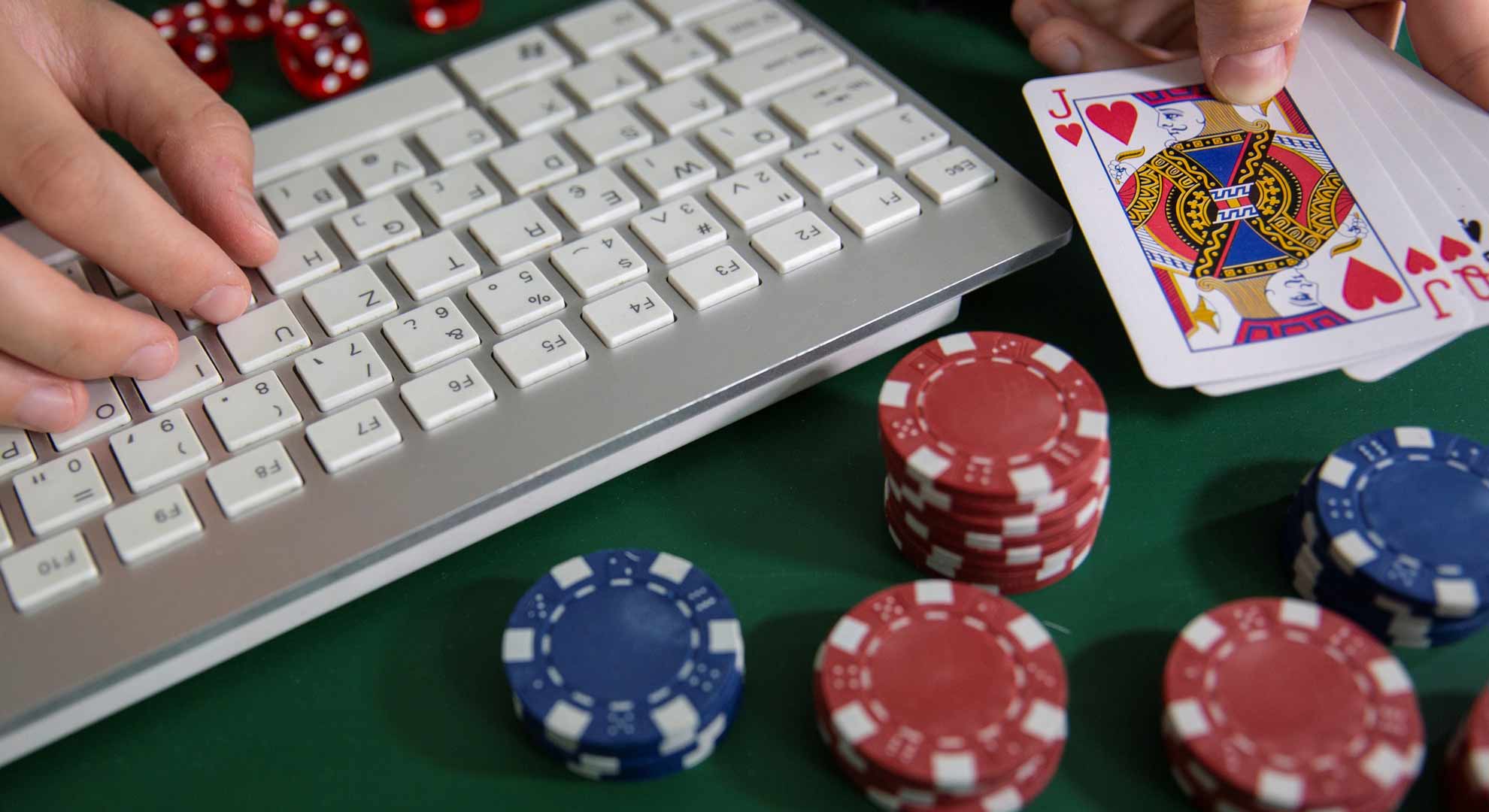How Gambling Shapes Modern Tourism

How Gambling Shapes Modern Tourism
Gambling and tourism have long been intertwined, forming a symbiotic relationship that has significantly shaped the modern tourism landscape. From the glittering casinos of Las Vegas to the bustling gambling dens of Macau, the allure of games of chance has proven to be a powerful magnet, drawing millions of tourists each year and injecting billions into local economies. This article will explore the various ways in which gambling influences modern tourism, examining its economic impact, its cultural significance, and the evolving trends that are shaping its future.
One of the most significant impacts of gambling on tourism is its substantial economic contribution. Casino resorts, for instance, are not merely places to gamble; they are integrated entertainment complexes that offer a wide array of amenities, including luxury hotels, fine dining restaurants, live entertainment venues, and upscale shopping malls. These attractions collectively contribute to a destination's overall appeal, attracting a diverse range of tourists beyond just those interested in gambling. The revenue generated from gambling activities, as well as the associated spending on other tourist services, creates jobs, stimulates local businesses, and generates significant tax revenue for governments, which can then be reinvested in infrastructure and public services.
Furthermore, the cultural significance of gambling varies widely across different regions. In some cultures, gambling is deeply ingrained in tradition and social customs. For example, in many Asian countries, gambling is a popular pastime, often associated with festivals and celebrations. In other regions, gambling may be viewed with more ambivalence, but it still holds a certain allure, particularly when packaged as part of a glamorous and exciting tourist experience. The cultural context in which gambling takes place shapes the way it is perceived and experienced by tourists, adding another layer of complexity to the relationship between gambling and tourism.
The rise of online gambling has also had a significant impact on modern tourism. While it might seem counterintuitive, the accessibility of online casinos and sports betting platforms has, in some ways, complemented traditional land-based gambling destinations. Online platforms offer a convenient way for potential tourists to familiarize themselves with different types of games and betting options, piquing their interest and potentially inspiring them to visit a physical casino or racetrack in the future. Moreover, online platforms often provide information about travel packages and special offers, further incentivizing travel. For a comprehensive look at the online sports betting world, consider checking out M88 sports asia.
However, the relationship between gambling and tourism is not without its challenges. The potential for problem gambling is a serious concern, and responsible gambling measures are essential to mitigate the negative social and economic consequences of excessive gambling. Governments and tourism operators must work together to implement regulations and programs that promote responsible gambling practices, educate tourists about the risks involved, and provide support for those who may be struggling with gambling addiction.
Looking ahead, the future of gambling and tourism is likely to be shaped by several key trends. The increasing popularity of mobile gambling is expected to further blur the lines between online and offline experiences, creating new opportunities for innovative tourism offerings. The integration of virtual reality (VR) and augmented reality (AR) technologies could also revolutionize the gambling experience, allowing tourists to immerse themselves in realistic and interactive casino environments from the comfort of their hotel rooms. Furthermore, the growing focus on sustainable tourism is likely to drive demand for eco-friendly casino resorts and responsible gambling initiatives that minimize the environmental impact of tourism activities.
In conclusion, gambling plays a significant role in shaping modern tourism, driving economic growth, influencing cultural perceptions, and adapting to evolving technological trends. While the potential for negative consequences must be addressed through responsible gambling measures, the allure of games of chance remains a powerful force in attracting tourists and shaping the tourism landscape. As the industry continues to evolve, it will be crucial for governments, tourism operators, and other stakeholders to work together to ensure that gambling remains a sustainable and responsible component of the modern tourism experience.
```